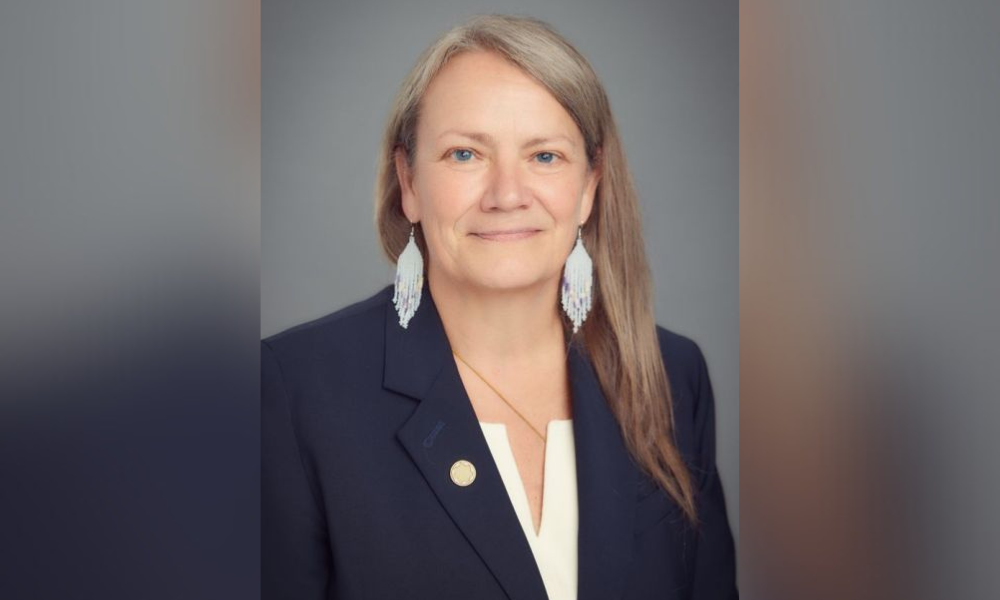
Her study covers the Truth and Reconciliation Commission of Canada's Calls to Action

The Law Society of Ontario has granted Queen’s University professor Kimberly Murray $32,734 to fund her research into the national response to the Truth and Reconciliation Commission of Canada’s Calls to Action.
Her study, “Lawyering for Reconciliation: Decolonizing the Practice of Law,” delves into practices that have been implemented in various provinces and territories since the TRC published its 2015 final report. Murray’s research is one of seven projects being supported by the LSO through a $250,000 grant program.
Murray’s study intends to improve accessibility in legal processes and systems as well as mitigate their harmful effects on Indigenous peoples. It also aims to help justice sector workers foster reconciliation in daily work and practise cultural competency.
Murray will present the research results at an LSO-convened equity summit this fall.
“I am grateful to the LSO for supporting this research. It has been almost 10 years since the TRC issued its Calls to Action. This research will focus on the TRC’s Calls to Action that are directed at the legal profession and will showcase emerging practices that support the advancement of reconciliation across the country,” she said in a statement.
Murray joined the Queen’s University faculty in January as a National Scholar in Indigenous Legal Studies. Previously, she was appointed an Independent Special Interlocutor for Missing Children and Unmarked Graves and Burial Sites.
Last October, she recommended a new federal legal framework to protect the graves and burial sites of Indigenous children who died while at Indian Residential Schools and other institutions through the “Final Report: Upholding Sacred Obligations,” which included the historical report “Sites of Truth, Sites of Conscience.”
The LSO’s grant program finances research on equity and reconciliation within the legal professions and their effect on client service and access to justice. Other programs that received backing this year were the following: